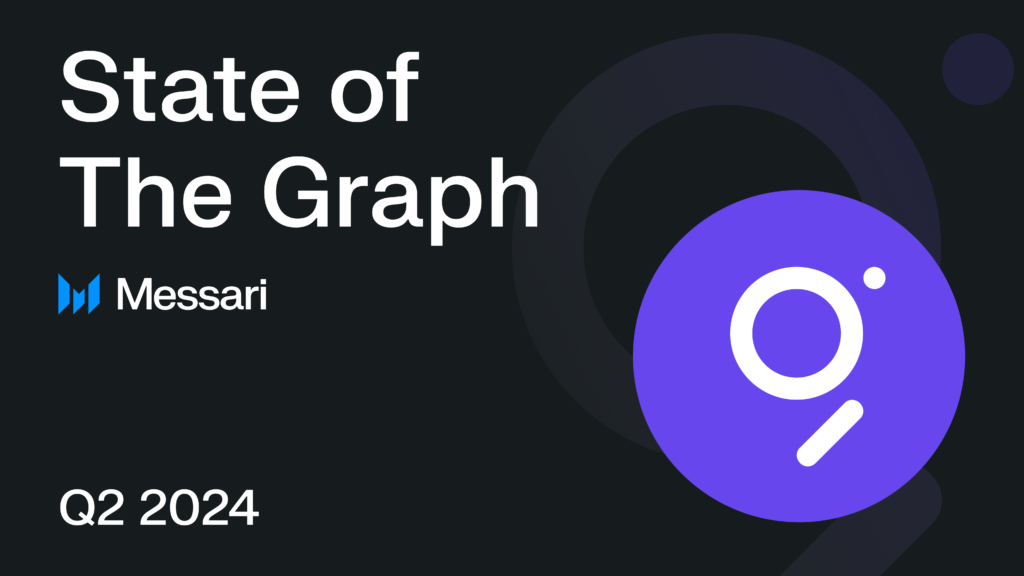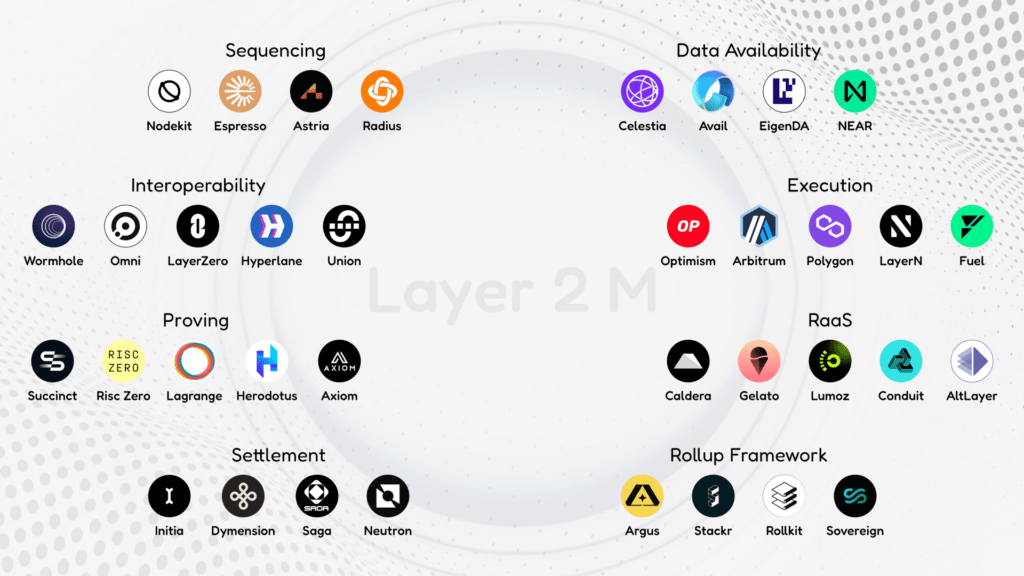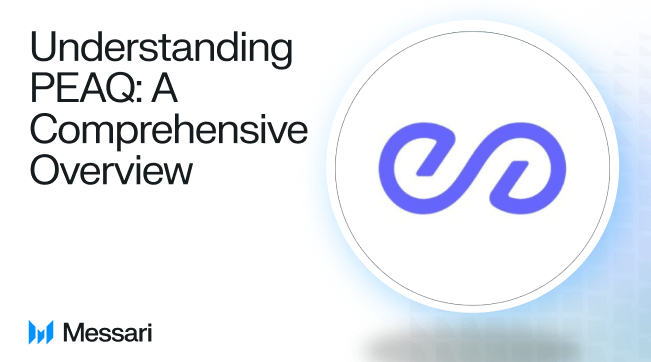Research Summary
The report discusses Multicoin’s investment in io.net, a distributed compute marketplace for AI workloads. It highlights the global compute shortage, the challenges of orchestrating and scheduling workloads across heterogeneous hardware, and how io.net is addressing these issues. The report also mentions the cost advantages of io.net over traditional cloud providers.
Key Takeaways
Investment in io.net
- Investment Details: Multicoin has invested in io.net, a distributed compute marketplace for AI workloads. The company has raised $30M from various investors, including Multicoin, Hack VC, 6th Man Ventures, and Modular Capital.
- Company’s Mission: io.net aims to democratize access to compute resources for machine learning workloads. The company has aggregated tens of thousands of distributed GPUs and facilitated over 57,000 compute hours for AI enterprises.
Global Compute Shortage
- Increasing Demand: The demand for AI compute is growing rapidly, with datacenter revenues for AI workloads exceeding $100 billion in 2023. However, the supply of chips for AI is not keeping up with the demand.
- Production Constraints: The production of advanced chips like the NVidia A100 and H100 is constrained by shortages of raw materials, components, and production capacity. This is limiting the growth of AI.
io.net’s Solution
- Resource Aggregation: io.net aggregates a vast supply of GPUs into a shared pool for AI developers and companies. The network is powered by GPUs from datacenters, mining farms, and consumer-grade devices.
- Workload Orchestration: io.net has developed a practical solution for orchestrating and scheduling workloads across heterogeneous hardware. This makes the hardware aggregation useful for end customers and economically productive.
Cost Advantages
- Competitive Pricing: io.net can compete with traditional cloud providers on cost, often offering resources cheaper. This is achieved by outsourcing GPU coordination and overhead to the protocol.
- Structural Arbitrage: The opportunity cost for consumer card clusters and mining farms is lower than what Hyperscalers are willing to accept, creating a structural arbitrage that prices resources on io.net lower than the increasing cloud rate.
Future Prospects
- Asset Light Model: io.net has the advantage of being asset light and lowering the marginal cost of serving any given customer to practically zero. This positions the company to serve the growing number of enterprises needing access to GPUs.
- Partnership Opportunities: Multicoin is excited to partner with io.net as they accelerate the development of AI across the world. The company is also hiring for various roles.
Actionable Insights
- Explore the Potential of Distributed Compute Marketplaces: The success of io.net suggests that distributed compute marketplaces could be a viable solution to the global compute shortage. Companies in the AI and machine learning sectors may want to explore these platforms as a cost-effective way to access compute resources.
- Consider the Benefits of Resource Aggregation: io.net’s model of aggregating GPUs into a shared pool could be a useful strategy for other companies facing resource constraints. This approach could help to maximize the use of available resources and reduce costs.
- Understand the Impact of Production Constraints: The report highlights the impact of production constraints on the growth of AI. Companies in the tech sector should be aware of these challenges and consider how they might affect their own operations and growth prospects.












